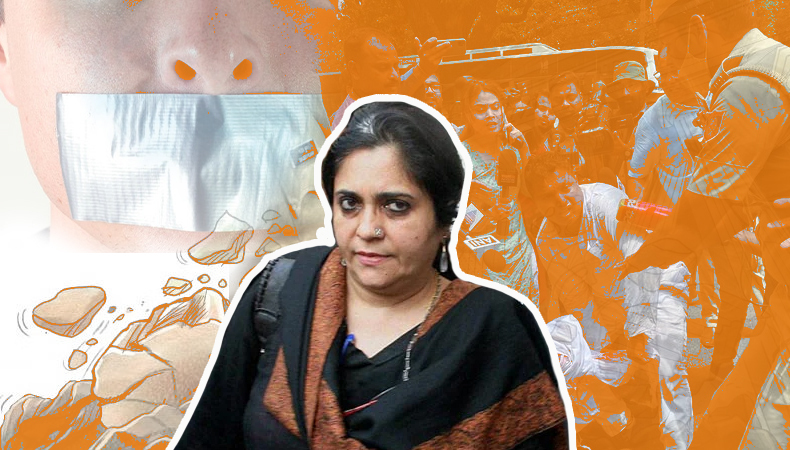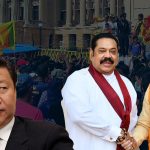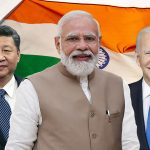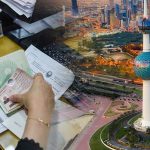Battle of Democracy and Authoritarianism in India


Civil society that is secular is outraged. It interprets Setalvad’s detention as the government’s taking revenge for his criticism of Prime Minister Narendra Modi and his efforts to seek justice for the victims of violence that the government encouraged in Gujarat in 2002, when he served as the state’s chief minister.
For revealing the insult to Prophet Muhammad made by the national spokesperson of the ruling Bharatiya Janata Party, Zubair’s detention is perceived as an act of state vengeance (BJP). Following the insult, there were widespread protests across the country, and Muslim countries condemned India internationally.
Related Posts
Setalvad, a journalist and human rights advocate with a stellar worldwide reputation, was instrumental in documenting and exposing the violence and atrocities committed against Muslim minorities in Gujarat in 2002. She was crucial in assisting the victims of the violence in their quest for redress.
She is a symbol and an inspiration for human rights advocates all across the world, but particularly in India, where human rights organizations are persecuted and shut down (Amnesty International is no longer permitted to function in India). Her arrest and detention by the police represents a direct assault on the civil society and media sectors. The tiny bit of democracy that is still present in India is being eroded by these arrests and similar measures.
Zubair edited and co-founded Altnews.in, a website that verifies political claims made in India. This website has frequently proven to be the bane of Hindutva politicians. Widespread criticism of his arrest has come from Indian opposition figures. These detentions are not unusual. Numerous students, protesting farmers, critical academics, political activists, and journalists have been arrested or have had charges brought against them during the BJP’s second term in office since 2019 in an effort to frighten and quiet them.
There have been two large-scale protests in India in recent weeks. After the BJP spokesperson insulted the Prophet Muhammad, there was a surge of protests that was primarily made up of Muslims. When things got out of hand, rioters started throwing stones at the cops. The residences of accused demonstrators and their leaders were destroyed by the government in reprisal.
But later, there were even more significant demonstrations against a new temporary military recruitment strategy called Agnipath, as well as more heinous acts of violence and vandalism (including the burning of many trains). Nobody’s house was demolished as payback. When Muslims objected, their homes were razed, but when Hindus protested, no dwellings were bulldozed. These disparate responses send a strong message.
The state, its legal system, and its police force have been subordinated to racial politics. Hindu nationalists who now attend political rallies with toy bulldozers are well aware of and appreciative of this terrible reality.
The BJP deliberately targets India’s civil society in an effort to prevent any documentation of or opposition to its autocratic policies.
In order to intimidate opponents and dissenting voices, it has turned the police and law enforcement agencies into weapons and is using them to make false accusations, make threatening arrests, and start investigations. The Indian court system is also being utilized to bring charges against its detractors.
State capture is the process by which the state is used to advance Hindutva politics. This phenomenon is undermining the independence of the court and the legitimacy of the state. When a single party, movement, or ideology gains do not control over the state and the judiciary, democracy nor decent governance can exist in any country.











